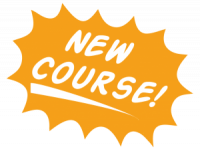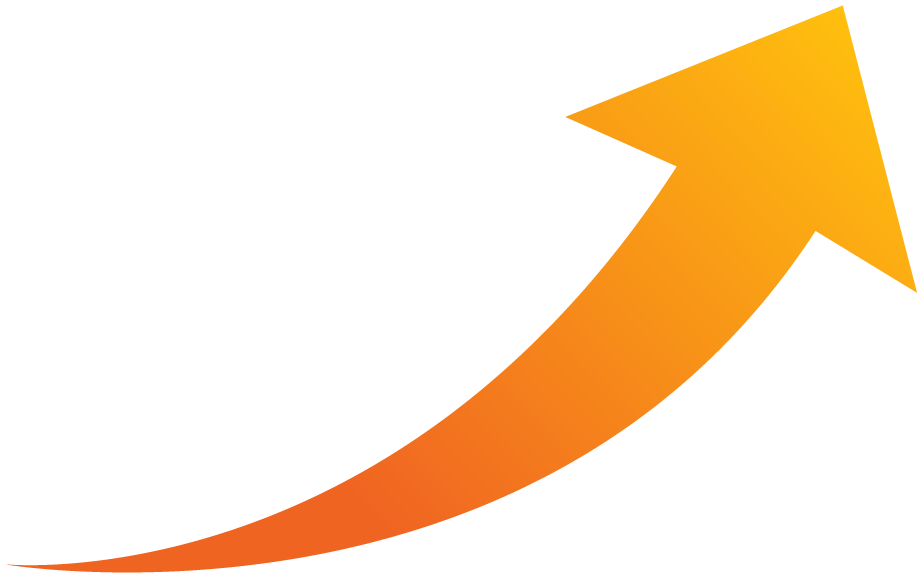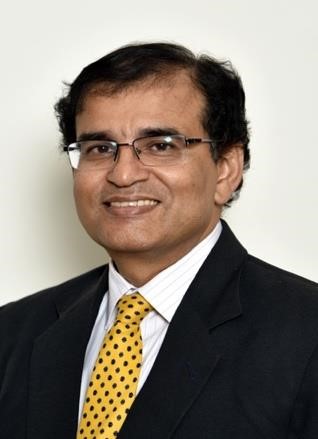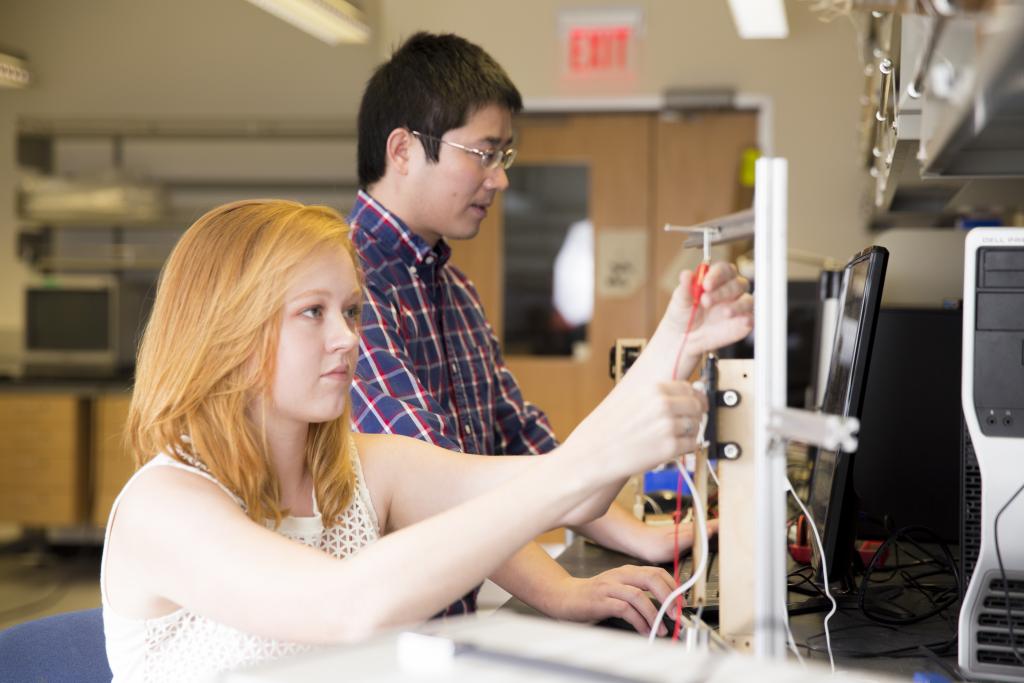News

December 13, 2019UC San Diego launches Institute for Materials Discovery and Design
We are pleased to announce the formation of the San Diego Institute for Materials Discovery and Design, a joint initiative of the Jacobs School of Engineering and Division of Physical Sciences at the University of California San Diego. Our goal is to position UC San Diego as the recognized global academic leader in nanoscale and quantum materials design and discovery. The Institute’s unique approach will be to apply data analytics and machine learning together with rapid materials synthesis and multi-scale characterization in order to accelerate the discovery, design, synthesis and evaluation of novel functional materials. Full Story

December 5, 2019UC San Diego Engineering Dean Albert P. Pisano inducted into National Academy of Inventors
Albert P. Pisano, professor and dean of the UC San Diego Jacobs School of Engineering, has been named a 2019 fellow of the National Academy of Inventors (NAI). UC San Diego bioengineering faculty affiliate Paul Citron and electrical engineering alumna Mihri Ozkan (Ph.D. ECE ‘01) are also among the 168 new fellows inducted into National Academy of Inventors (NAI) Fellows in 2019. Full Story

November 18, 2019Thermodynamics could be the future of computing, researchers say
As Moore’s Law reaches its limits, thermodynamic computing might prove to be the future of the field, says a new report from an international team of 38 researchers led by UC San Diego professor of practice Todd Hylton, released this month. Full Story

November 14, 2019UC San Diego Alumni Power San Diego Robotics Ecosystem
From companies worth billions of dollars to startups employing a small number of people, UC San Diego engineering alumni are at the core of the robotics ecosystem here in San Diego County.This was clearly evident at the sixth annual robotics forum organized by the UC San Diego Contextual Robotics Institute Nov. 7. The forum focused exclusively on local companies this year and was dubbed the San Diego Robotics Forum for the occasion. The goal was to showcase the breadth and depth of the region’s robotics strengths, and solidify San Diego’s reputation as Robot Beach. Full Story
Summer Math Initiative: Program Schedule
Thank You for Joining the Summer Math Initiative!
This program is designed to help you prepare for ECE 35 by reviewing key mathematical concepts. Over the course of the summer, we will focus on the following three topics:
-
Solving Systems of Linear Equations
-
Derivatives and Integrals
-
Complex Numbers
Schedule
All sessions are held Wednesdays from 6:00 PM – 7:00 PM (via Zoom).
-
Opening Session – July 9
Instructor: Professor Nguyen
Overview of the program, topics to be covered, and tutor introductions.
Access the session here: Zoom
Topic 1: Solving Systems of Linear Equations
Tutor: Huong Hoang
-
July 23 – Introduction, problem-solving strategies, Q&A
Access the session here: Zoom
-
July 30 – Review homework problems, Q&A
Access the session here: Zoom
Topic 2: Complex Numbers
Tutor: Mehmet Bagci
-
August 6 – Introduction, practice problems, Q&A
Access the session here: Zoom
-
August 13 – Review homework problems, Q&A
Access the session here: Zoom
Topic 3: Derivatives and Integrals
Tutor: Runfa Li
-
August 20 – Introduction, practice problems, Q&A
Access the session here: Zoom
-
August 27 – Review homework problems, Q&A
Access the session here: Zoom
We look forward to an engaging and productive summer of learning!
Course 2024-2025

2024-25 NEW COURSES, look for them below.
look for them below.
Resources: ECE Official Course Descriptions (UCSD Catalog)
For 2023-2024 Academic Year: Courses, 2023-24
Particle accelerator on a nanophotonic chip
Particle accelerators are indispensable tools in science, industry and health care. Almost all of them are based on microwave driving. Based on a similar principle, acceleration of electrons with the help of laser light has already been proposed decades ago: Nanophotonic structures are needed that generate an optical near-field mode efficiently propelling the electrons. We could recently demonstrate the accelerator on a chip.
Making neural networks more trustworthy and sustainable
The use of deep neural networks (DNNs) is currently transforming many areas of science and engineering. Although DNN-based techniques outperform traditional algorithms in most signal processing tasks, they can exhibit weaknesses such as reduced robustness and a tendency to produce hallucinations. These issues are linked to the DNN's Lipschitz constant, which typically worsens exponentially with the addition of layers. In this work, we present a framework for the design of stable networks with maximal expressivity.
An Information Theory for Out-of-Order Information: Applications in DNA Data Storage and Genomics
The recent development of DNA-based data storage prototypes has raised several questions about how to optimally encode information in these systems. A distinguishing feature of this new storage paradigm is that the stored information is read via “shotgun” sequencing technologies. This means that the channel output comprises many short fragments of the input observed out of order. Motivated by this, we study the capacity of a class of “shuffling channels” that capture this inherent need to reorder the observed channel output.
Fundamentals of RF System Analysis for IC Designers
This seminar provides key insights into wireless system analysis from a circuit designer’s perspective, focusing on modulation techniques, line-up analysis, and link performance optimization. Participants will explore impairments in analog and mixed-signal components-thermal noise, phase noise, spurious signals, and distortion and their impact on system performance. The session covers critical metrics such as Signal-to-Noise Ratio (SNR), Error Vector Magnitude (EVM), Receiver Sensitivity, Blocker performance, and Transmitter out-of-band noise.
ECE Distinguished Alumni Awards

2025 Applied Mathematics Recipient- Subhasis Chaudhuri PhD' 1990
Bio: https://www.linkedin.com/in/subhasis-chaudhuri-36531b5/?originalSubdomain=in
Pagination
- Page 1
- Next page










.png)
.png)
.png)
